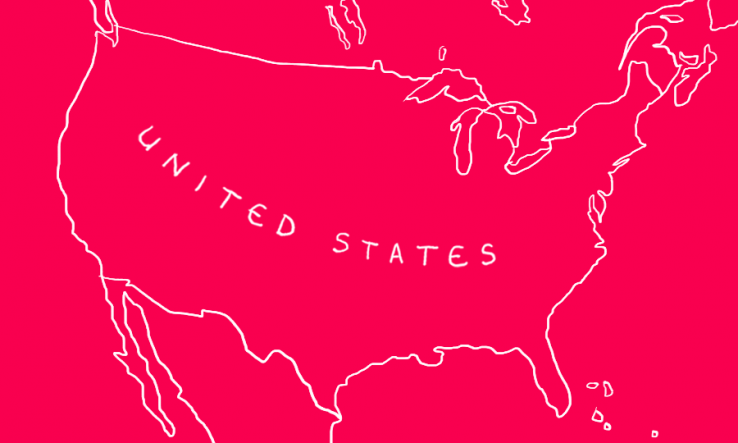
This week: cancelled Chinese visas, a CIA research wing, legislation on forensics research, and more
In depth: Universities in the United States have come under pressure from both academics and an adversarial White House to address concerns about systemic racism within their institutions and academia more broadly.
Full story: Universities under pressure to tackle systemic racism
Here is the rest of the US news this week…
Arctic Energy Office reopens in Alaska
The US government has re-established its Arctic Energy Office under the Department of Energy. With an initial staff of just three people, based at the University of Alaska, Fairbanks, the office will focus on issues including research on natural gas in permafrost, and the development of electricity microgrids and nuclear power systems. “DoE’s Arctic Energy Office will grow to strengthen and coordinate our work in energy, science and national security,” said energy secretary Dan Brouillette.
New rules for non-US marine research
The US has tightened its rules on marine scientific research, requiring non-US research vessels to ask for consent from the State Department before entering the US Exclusive Economic Zone, which extends 200 nautical miles from any US territory. A statement from the White House said the policy change would “enhance maritime security”. The policy also gives the State Department new powers to demand information on marine research from federal agencies.
Legislation tabled to tighten up forensics
Bipartisan bills to shore up the use of forensic evidence in the criminal justice system have been introduced into both chambers of Congress. The legislation would lay the groundwork for a national strategy for forensics research, led from the White House Office of Science and Technology Policy. “Only the best available science belongs in the courtroom,” said House science committee chair Eddie Bernice Johnson. The bills would also establish forensic standards for identifying “deepfakes”—techniques to manipulate digital video and audio using artificial intelligence and machine learning.
CIA expands R&D efforts
The Central Intelligence Agency, the US foreign intelligence bureau, has extended its reach into R&D by opening its first federal laboratory. The move “establishes the CIA as a research partner for other labs, academia and industry”, in areas including advanced manufacturing, artificial intelligence, biotechnology and quantum computing, according to a press release. “We’re now better positioned to optimise developments and further invest in our scientists and technologists,” said Dawn Meyerriecks, head of the CIA’s Directorate of Science and Technology.
More than 1,000 visas cancelled for Chinese scholars
The United States has cancelled the visas of more than 1,000 Chinese researchers and students, citing security concerns, Reuters news agency reported. It reported that acting head of Homeland Security, Chad Wolf, said the revocations were to stop “graduate students and researchers with ties to China’s military fusion strategy” from “stealing and otherwise appropriating sensitive research”. Separately, the Department of Justice announced that Turab Lookman, a researcher at Los Alamos National Laboratory, was sentenced to five years’ probation and given a $75,000 fine for lying to a counterintelligence officer that he had been recruited or applied for a job with China’s Thousand Talents recruitment programme.
Coronavirus committee chair hails ‘first step’ to tackle alleged political interference
The chairman of the congressional subcommittee on the coronavirus crisis has welcomed the temporary standing down of a senior official at the Department of Health and Human Services, amid an escalating row over accusations of political meddling in scientific reports from the Centers for Disease Control and Prevention, a federal agency the HHS oversees. Committee chair James Clyburn said this was “an important first step” to addressing what he described as “dangerous attempts” by the Trump administration to “suppress science for political gain”. According to media reports, Caputo allegedly attempted to interfere with weekly reports from the CDC to play down the severity of Covid-19, in line with political messaging from president Donald Trump. The CDC and Caputo did not respond to requests for comment from Research Professional News on the allegations.